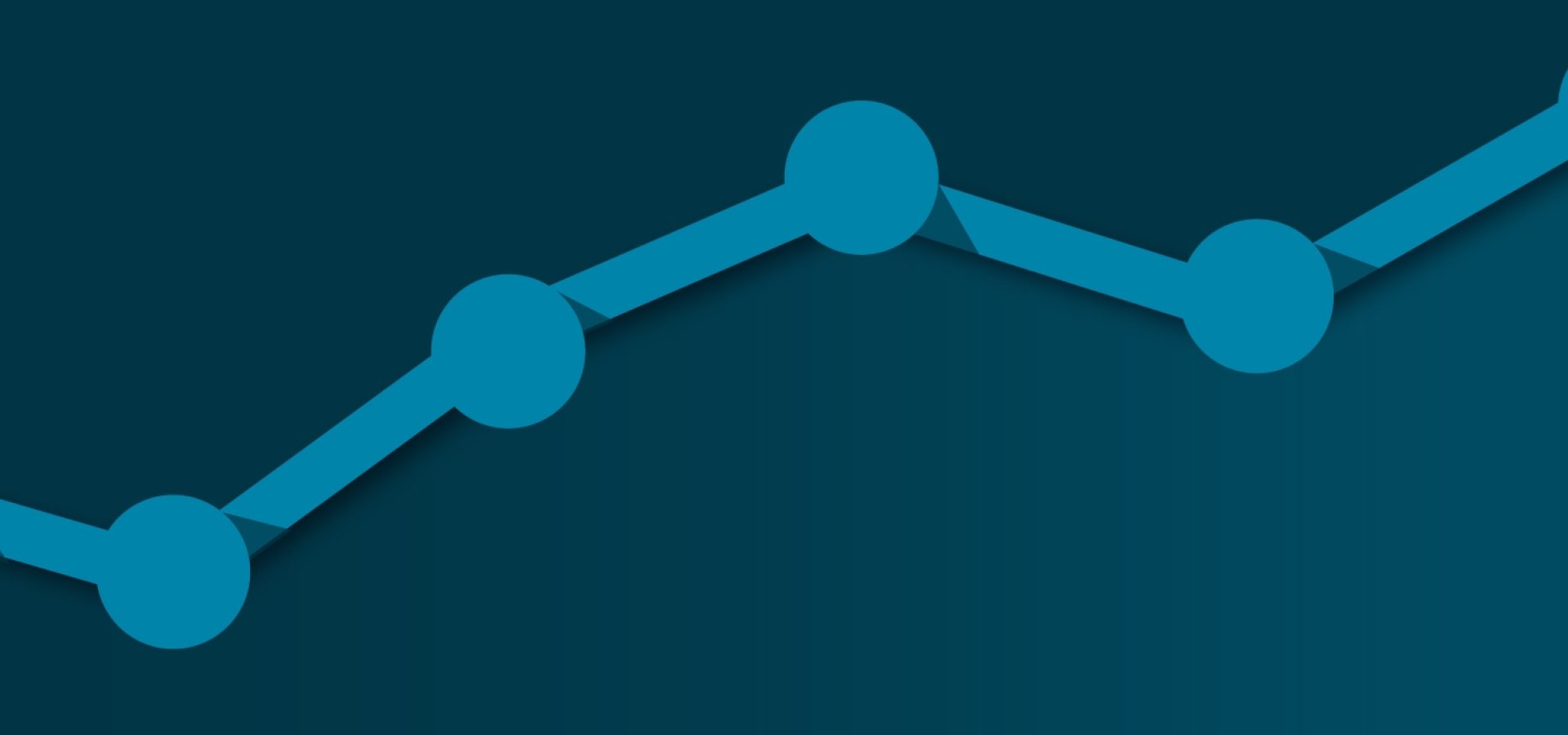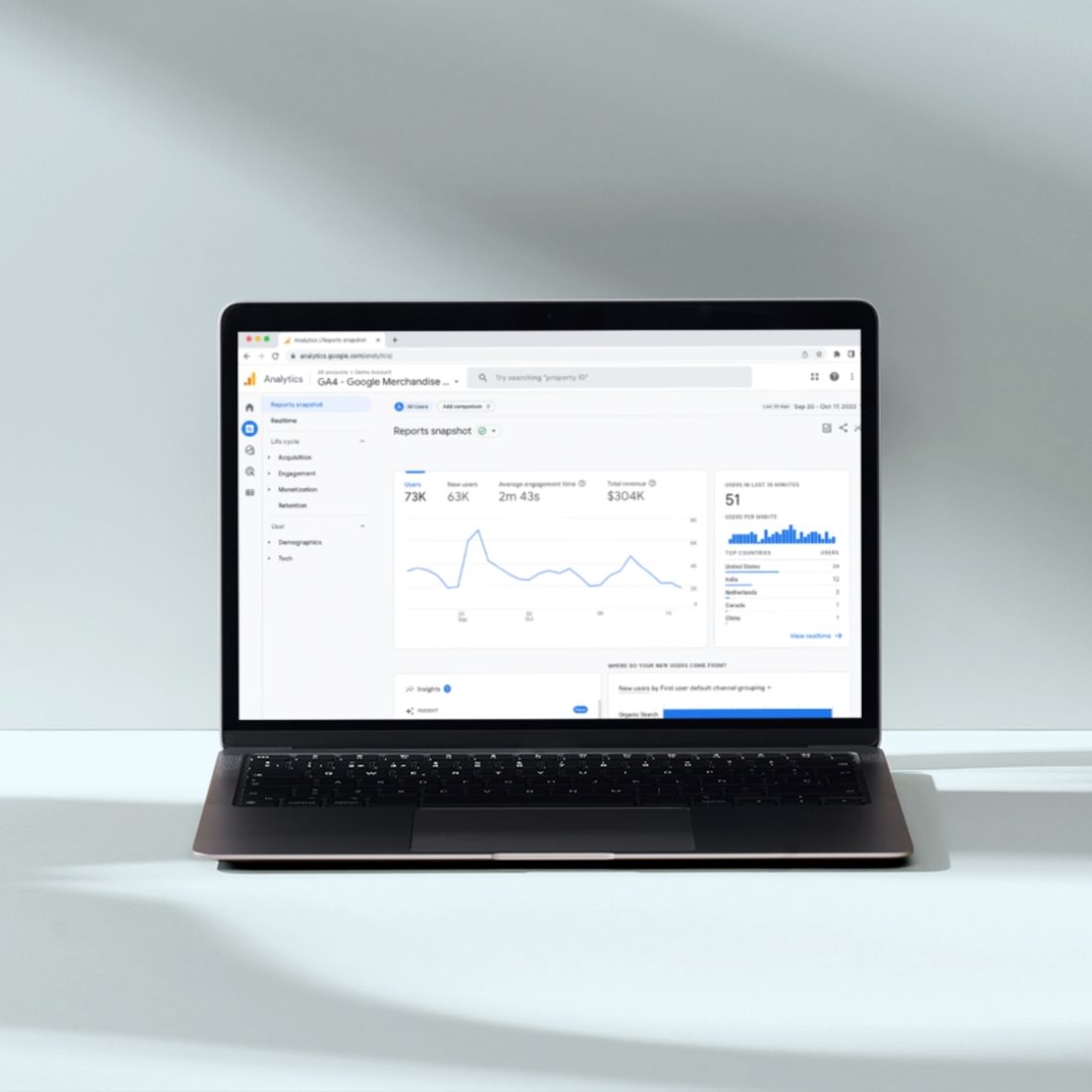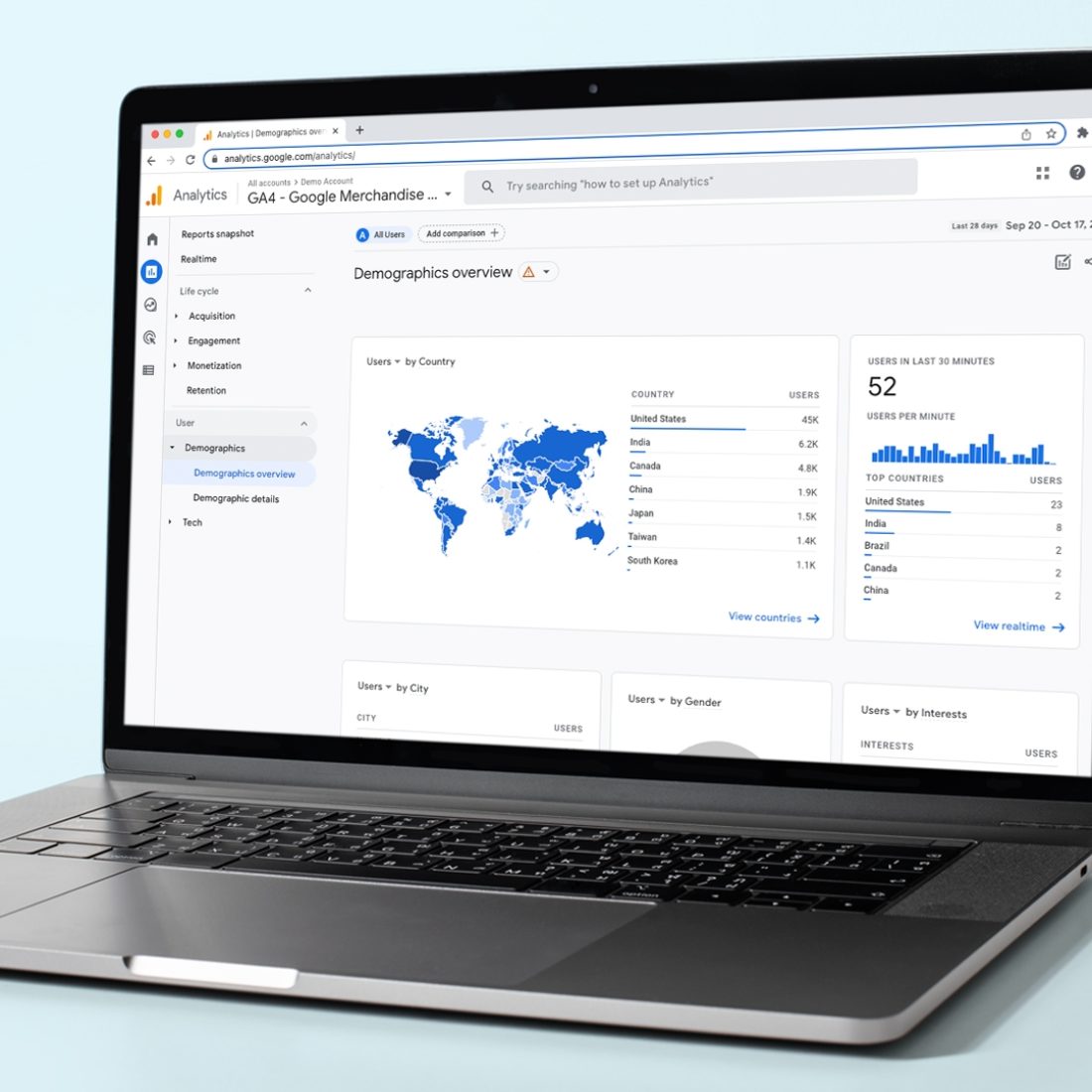It's also important to understand that these two platforms are different and that some of the data in GA4 will not be comparable with Universal Analytics.
Universal Analytics captures user behaviour as ‘sessions’ and ‘pageviews’, whilst GA4 is based on an event and user data model; all interactions are classed as ‘events’.
GA4’s new user-centric metrics and dimensions use AI and machine learning to predict customer actions and implement more intelligent tracking.
GA4 has advanced analysis techniques in its Analysis Hub, that allow you to uncover deeper insights into your customers’ behaviours that go beyond the standard reports in UA.
Enhanced Measurement Events are also new for GA4. These allow you to automatically measure certain events such as page views, page scrolls, outbound clicks and video engagement. These are automatically set up upon installing GA4, but can be toggled off if needed. Previously, to track these events in Universal Analytics, you would have had to first create these in Google Tag Manager.
For GA4 properties (non-Analytics 360 version), retention of user-level data, including conversions, can be set to a maximum of 14 months. For all other event data, it is pre-set to 2 months but you can manually change this to 14 months.



